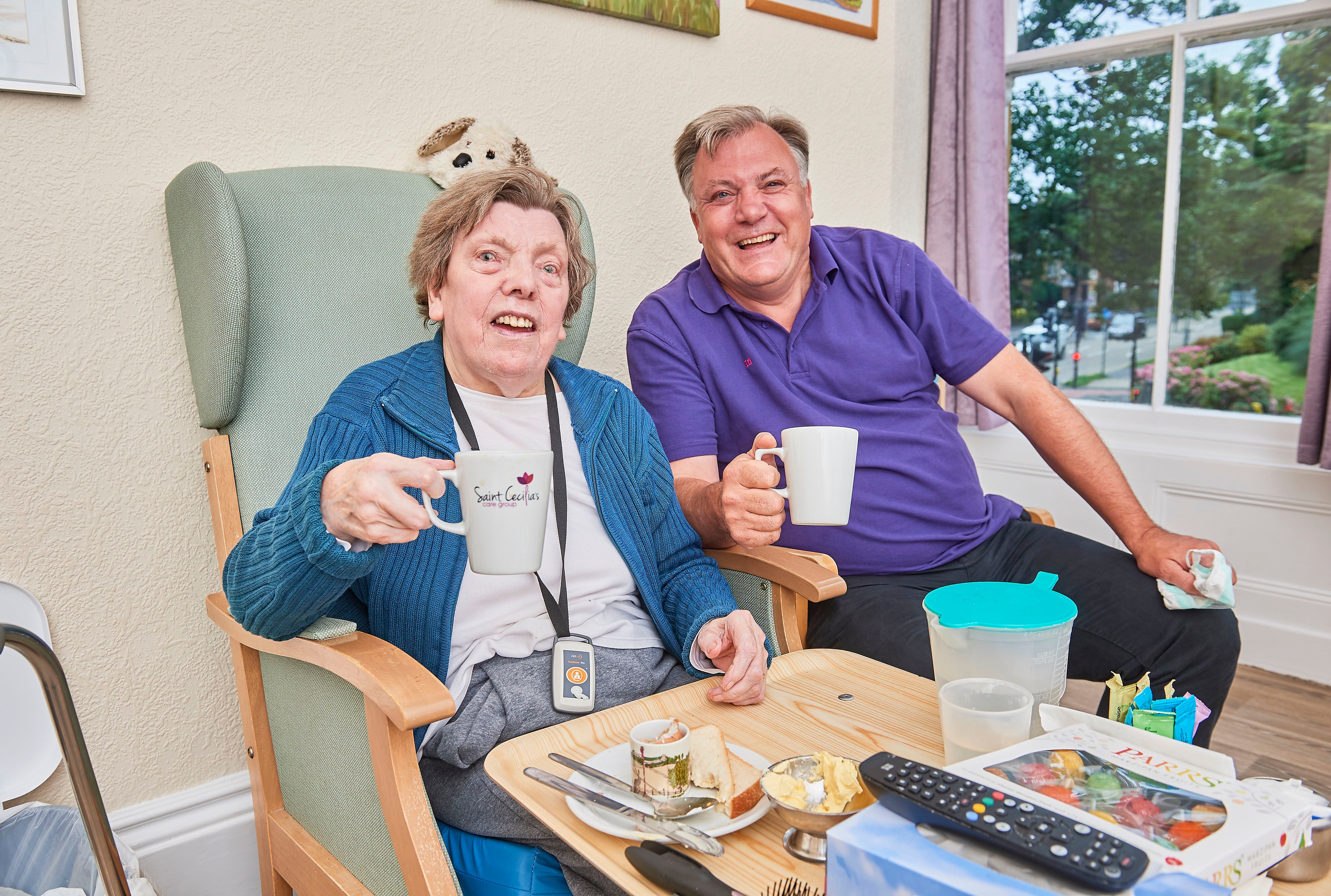Ed Balls’s documentary was telling – dementia care in Britain needs an urgent redesign
From diagnosis to death, we haven’t really worked out what needs to be in place for people with dementia and their families. Dementia seems to be everyone’s responsibility and no one’s at the same time


Your support helps us to tell the story
From reproductive rights to climate change to Big Tech, The Independent is on the ground when the story is developing. Whether it's investigating the financials of Elon Musk's pro-Trump PAC or producing our latest documentary, 'The A Word', which shines a light on the American women fighting for reproductive rights, we know how important it is to parse out the facts from the messaging.
At such a critical moment in US history, we need reporters on the ground. Your donation allows us to keep sending journalists to speak to both sides of the story.
The Independent is trusted by Americans across the entire political spectrum. And unlike many other quality news outlets, we choose not to lock Americans out of our reporting and analysis with paywalls. We believe quality journalism should be available to everyone, paid for by those who can afford it.
Your support makes all the difference.The BBC’s two-part documentary, Inside the Care Crisis, presented by Ed Balls, offers viewers a very telling insight into the state of dementia and social care. From care homes to care at home, through the programme we experience the intricacies of social care and the challenges faced by providers and staff alike. It also highlights the unique role of unpaid carers in supporting their loved ones with dementia.
Sadly, society has failed to truly address the needs of people with dementia and their families. Over the past 30 years, successive administrations have skirted the issue, kicking it into the long grass due to its complexity. This has meant chronic underfunding and a devaluing of the sector. We see that very clearly in the BBC programme, where social care professionals explain that they feel ignored and don’t receive parity of esteem with colleagues in the health sector. We see families struggling to cope with the complexity that dementia often brings, with all of its practical and emotional effects.
There does seem to be a structural fault line in our society when it comes to dementia and social care. Funding is an issue, of course, and often lurks behind decisions made about services. Even more broadly than that, however, society simply hasn’t addressed how we can live with dementia in the 21st century.
For me, our dementia pathway is haphazard at best. From diagnosis to death, we haven’t really worked out what needs to be in place for people with dementia and their families. We have not considered how people with dementia and their families are to live as well as they can, surrounded by the timely expertise from our health and social care professionals.
Dementia seems to be everyone’s responsibility and no one’s at the same time. We talk of an integrated approach, but in reality, we are reliant on brilliant people doing their best in a system that does not really work for them, or for the scale of the challenge.
To keep up to speed with all the latest opinions and comment sign up to our free weekly Voices Dispatches newsletter by clicking here
I was heartened to see the sensitivity with which the programme reflected the wonderful humanity of dementia care, provided by family members and paid carers. They do monumental things to support the complexities they encounter.
We urgently need to redesign health and social care when it comes to dementia. Instead of grand gestures and aspirational words that carry little meaning, we need a national plan with people with dementia and their families at the centre, supported by well-respected health and social care professionals. We need to value the contribution these professionals make, and the role of unpaid carers should no longer be in the shadows. We need to rethink funding for dementia care right across the pathway, so that every family receives the timely support and care they need.
Good dementia care and support should be valued and seen as a right, not an afterthought. If we think otherwise, we risk losing more than just our services and our workforce – we lose our compassion.
Paul Edwards is director of clinical services at Dementia UK
If you need advice or support on living with dementia, contact Dementia UK’s Admiral Nurse Dementia Helpline on 0800 888 6678 or email helpline@dementiauk.org
For more information visit www.dementiauk.org
Join our commenting forum
Join thought-provoking conversations, follow other Independent readers and see their replies
Comments